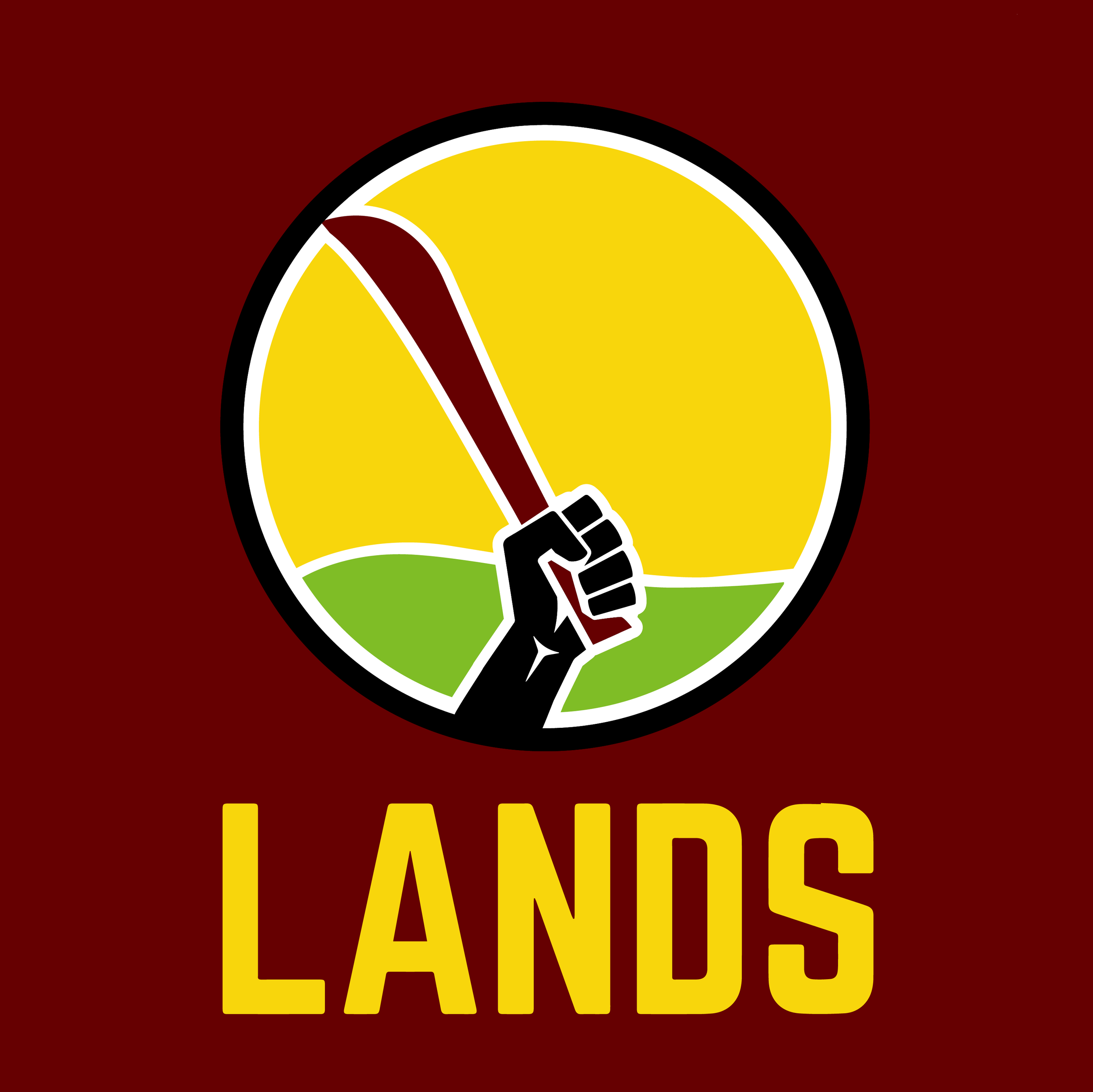Mao Zedong Thought
This is a list of selected works that reflect or defend Mao Zedong Thought. Chairman Mao was the revolutionary leader of the Communist Party of China.
Black Liberation in the US
(Read freely online)
This was a statement made by Chairman Mao in the early 1960s. He speaks of the Black struggle in the US as a "sharpening national struggle within the US" - meaning he recognised Black people as a colonised people within the US who deserved their own nationhood.
Black Like Mao
(Read freely online)
This piece looks at Mao's influence on Black liberation struggles, and why he was admired by Black revolutionaries and activists.
The Black Panther Party and Maoism
(Read freely online)
This paper looks at the influence of Mao Zedong Thought on the Black Panther Party, particularly through Huey P. Newton.
Combat Liberalism
(Read freely online)
This is a short piece by Chairman Mao, where he criticises petty tendencies among party members. He calls for openness and honesty, as opposed to gossip and secrecy. In general, he upholds principles over appearances. This is more of an advisory, on how persons should conduct themselves, than it is a theoretical proposition. It is a very short piece.
The Correct Handling of Contradictions Among the People
(Read freely online)
Communists cannot magically usher a stateless and classless society immediately; before Communism, there is a Socialist phase. In this Socialist phase, multiple classes will still exist in a society. These classes may have conflicting interests, and these conflicts must be carefully managed.
Criticism of the RIM
(Read freely online)
This is a criticism of the Revolutionary Internationalist Movement and its ultra-Left tendencies. It highlights the similarities between Trotskyism and Marxism-Leninism-Maoism, in their inapplicable theories and their paternalistic attitudes towards the Third World.
Doctrine of a Hundred Flowers
(Read freely online)
This is a piece by Isaac Deutscher, explaining the nuances of Mao's feelings about Stalin and how Marxism-Leninism was practised in the USSR. Mao himself was a Marxist-Leninist who defended the economic and political base of Stalin's Marxism-Leninism, but criticises developments that took place in the latter years of Stalin's leadership.
Mass Line
(Read freely online)
The true source of ideas is the people. The party must take unorganised ideas from the masses, and organise them to be useful to the masses. This means that the party must go out to consult the masses, keenly listening with the intention to serve them.
Maoism vs. National Liberation
(Read freely online)
This is a piece on the national liberation of Black people who are in the USA. Citing Stalin, Mao, and the Third International, it supports the self-determination of the Black Belt in the USA.
New Democracy
(Read freely online)
European countries had revolutions which destroyed Feudalism and established the bourgeoisie as the new ruling class. In China, however, the bourgeoisie was not the ruling class in Mao's time, and he wanted to lead a revolution to destroy Feudalism without allowing the bourgeoisie to monopolise power. He speaks of the role of the bourgeoisie in fighting Feudalism like they did in Europe, and embraces the potential for them to play a role in the national liberation of China, but asserts that power must be ultimately held by the people, i.e. the workers and peasants.
People's Democratic Dictatorship
(Read freely online)
This is a piece by Chairman Mao, where he speaks of the importance of Marxism-Leninism to the survival of the Communist movement in China. He notes the importance of having a powerful authoritarian state to effectively implement the changes that are necessary to ensure socio-economic justice for the broad masses. This "dictatorship" - which makes the imperialists and Capitalists tremble - also empowers the people, thus making it democratic.
Serving the People
(Read freely online)
In Chapter 17 of the Little Red Book, you will find a few short quotes from speeches and articles by Chairman Mao, asserting that the party's role is to serve the people, and to be responsible to the people.
What is the New Democratic revolution?
(Read freely online)
This is a very short summary, featuring the essential points in Mao's model of New Democracy. We do not endorse the reference to Kampuchea.







